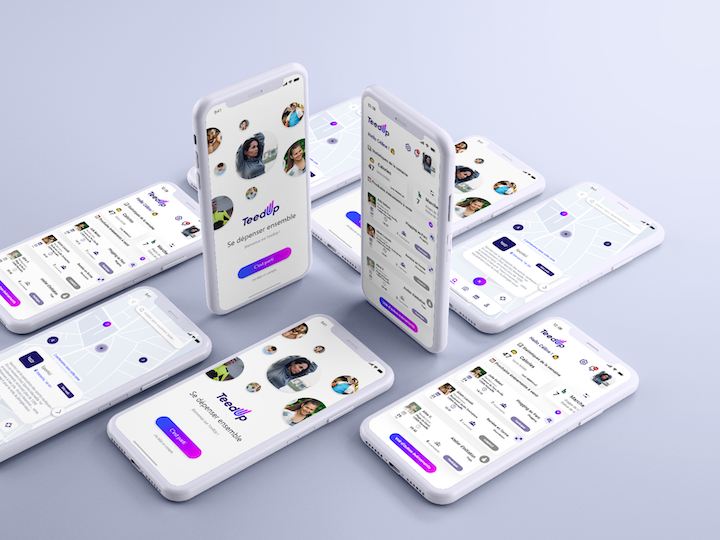ERP is one of the largest management solutions that allows to centralize all the functional components of a company within a single system.
Once used by large manufacturers, ERP software is now increasingly used by small businesses in various industries. As a result, many small and medium-sized businesses have adopted this solution. But why?
WHAT IS AN ERP?
An ERP (Enterprise Resource Planning) is a software that allows to integrate all the information and data generated by different activities of a company into a single database.This can then be presented in the form of useful support for decision making (reporting, dashboards, management indicators, etc.).
We can identify four types of ERP systems:
- Generalists: have basic functionalities and can be adapted to any sector of activity.
- Specialized: are adapted to specific activity sectors.
- Open Sources: are free softwares that do not require a license for their use. They are often limited in functionality but are more affordable.
- SaaS or Cloud : are software with servers outsourced to Datacenters that are connected to the Internet. These are the most searched at the moment.
THE IMPORTANCE OF ERP SYSTEMS
The creation or implementation of an ERP system within a company has several advantages. The first one is the fact of having on a single software a general vision of all the functions of the company. This software will also allow you to
Productivity increase thanks to a unique database (real-time updated data)
Improved management of material resources and operational processes
Improved costs
Reduction in data processing time
Smooth flow of information and communication
A global vision for adequate decision making
These advantages will allow the company to increase its productivity, performance and profitability.
WHICH FUNCTIONS ARE COVERED BY ERP
ERP tools can cover various functions, here are some examples:
- Commercial management ( purchase and sales management, CRM etc.)
- Accounting and finance: analytical accounting, general accounting, budgeting, management control, etc.
- WMS stock management: transport, storage, logistics, etc.
- Production management
- Human resources (HR, payroll, recruitment, formation, etc.)
- After-sales services
- Business Intelligence (reporting, statistics, etc.)
THE DIFFERENCE WITH A CRM
CRM software is oriented towards customer management. The purpose is to improve sales by optimizing customer relations. ERP software improves the circulation of information within the company and between all the services in order to optimize costs.





